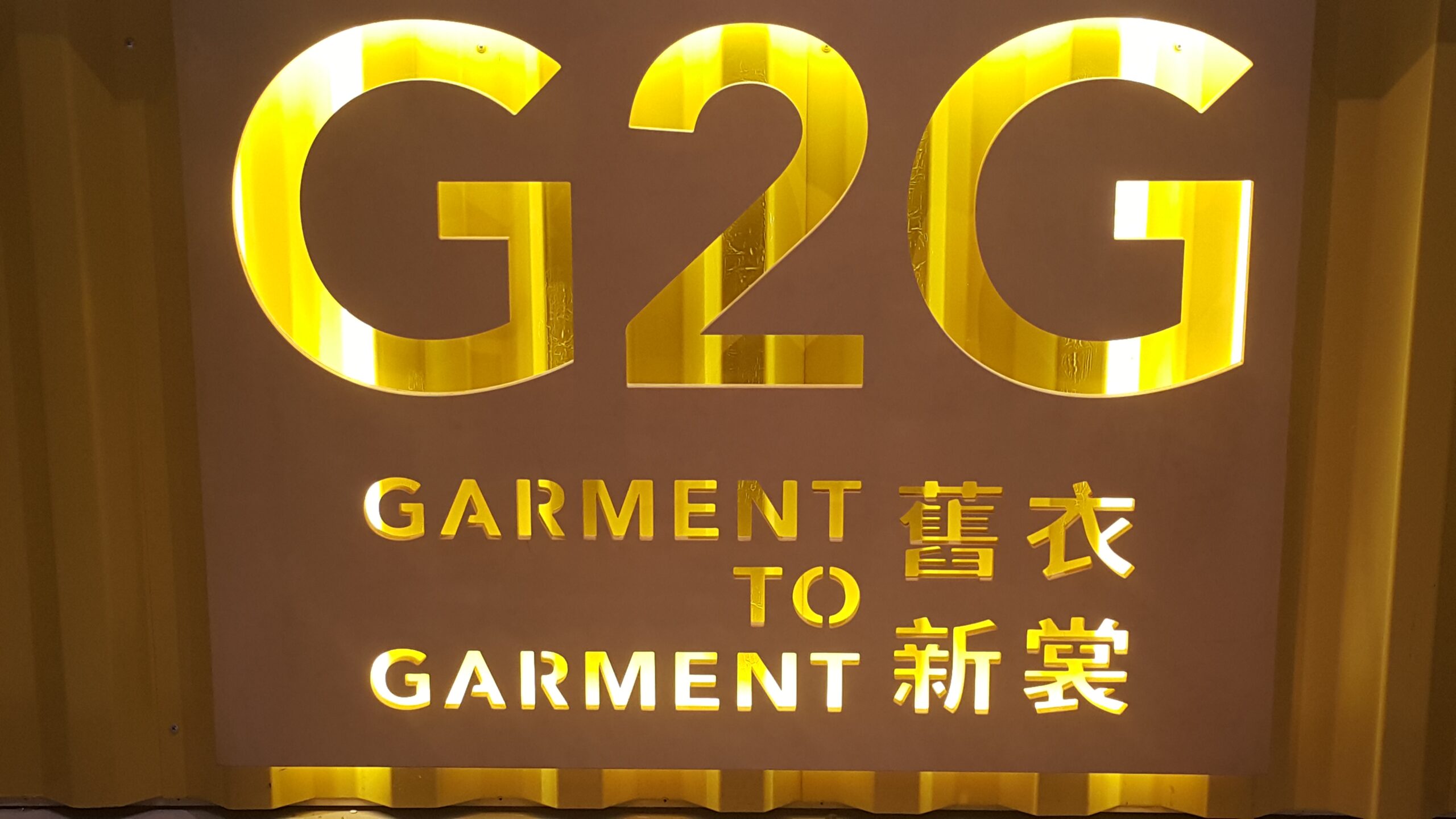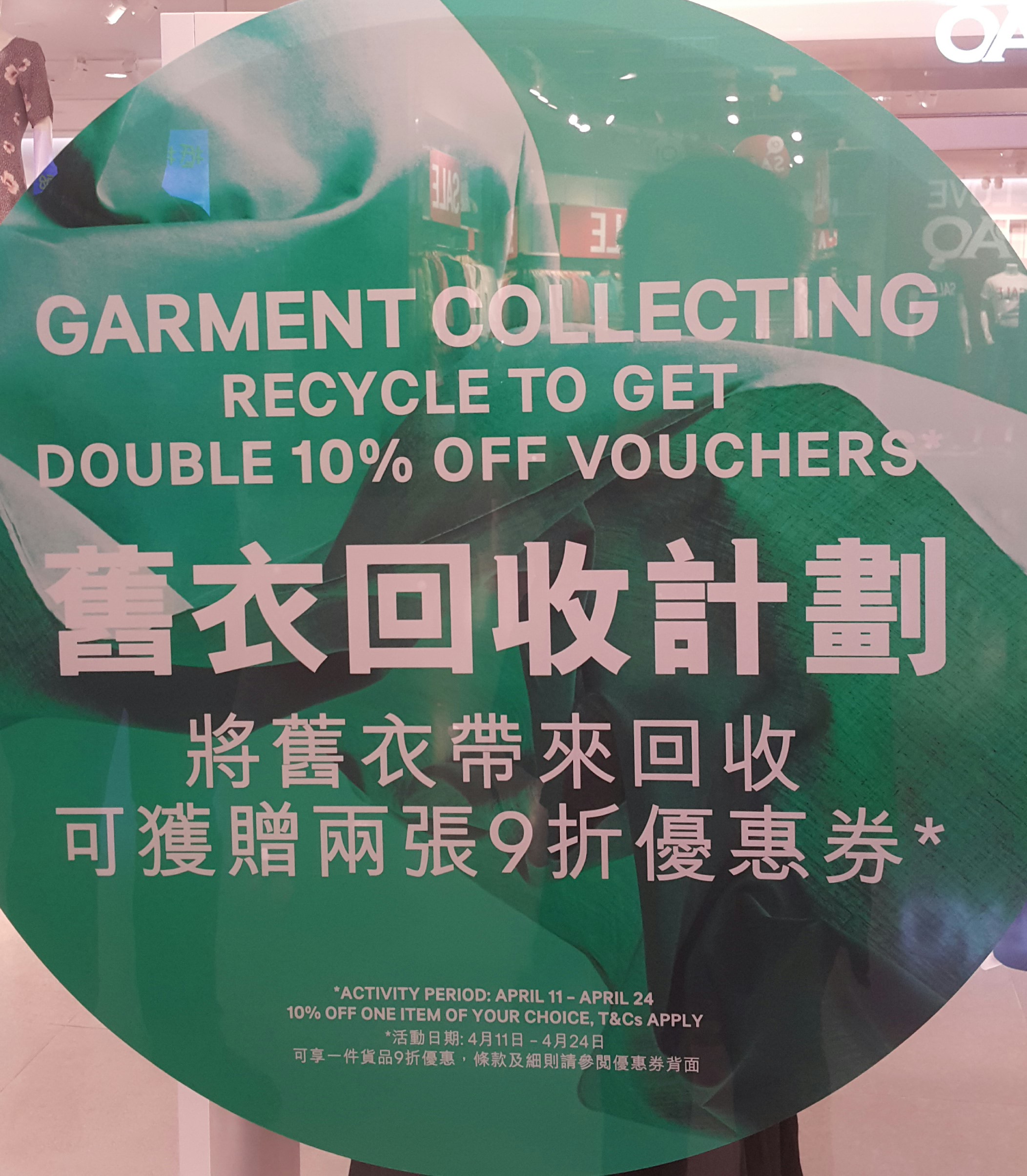07 May 2019
The Hong Kong Research Institute of Textiles and Apparel (HKRITA) has won the prestigious Red Dot Award for Product Design 2019 for its Garment-to-Garment (G2G) recycling system Mini Mill. The G2G system is a mini production line that recycles post-consumer garments into clean and wearable clothes. It is located at The Mills, a revitalized art and cultural complex in Hong Kong. The award, one of the most sought after in the design industry, is setting the spotlight on Hong Kong as a key player in the area of sustainable fashion and is demonstrating what the future holds for successful and innovative sustainable fashion initiatives.

The complete garment-to-garment process takes place in a standard 40-foot glass container. It can be operated within confined community spaces such as shopping malls. The transparency of the glass container means that visitors can peek inside and view the components that run the system, witnessing the whole process involved in renewing old clothes. They can even enhance their experience by bringing their own used clothes and see them turned into a new garment. The aim of the transparent set up is to demystify the whole recycling process and have the public understand the intrinsic value of the clothes that they have, the simplicity and speed with which they can be reconverted, and how much more can be done with them beyond their initial use.
Set up in a retail shop in The Mills, the G2G is a joint collaboration among HKRITA, the H&M Foundation and Novetex Textiles. It involves integral and closed-loop textiles recycling processes: from sanitizing the old garment, removing hard trims, shredding fabric, opening and mixing fibres, all the way through to garment carding, spinning, and knitting. The recycled, color sorted fibres retain good physical properties for the reproduction of various textile products such as yarn, fabric and garments. For example, the recovery rate of the polyester fibres is over 98% and most of the quality is retained. However some virgin fiber is added to the recycled mixture in order to increase its strength and durability. The subsequently obtained material can be knitted into any form. The unit at The Mills uses a tubular process that does not require any manual linking and hence does not necessitate any man power. It can process up to 3000 pounds of recycled yarn daily.

The complete system can be implemented by spinners and manufacturers, allowing them to use some of their existing production equipment. Textile separation and recycling equipment requires some investment which can be offset in the long term by saving on virgin fiber and color dyes.
The H&M foundation and Hong Kong based Novetex, one of the world’s largest spinning factories provide the post-consumer sanitizing , separation and recycling treatment. The retail brand has organized several garment collecting points in its stores in Hong Kong where consumers can deposit their old clothes and get a discount on new purchases while Novetex provides a high-technology solution to transform textile wastes into products.
This technology breakthrough further positions Hong Kong as a significant platform for sustainable development of the textile and apparel industries in Asia
We bring leather, material and fashion businesses together: an opportunity to meet and greet face to face. We bring them from all parts of the world so that they can find fresh partners, discover new customers or suppliers and keep ahead of industry developments.
We organise a number of trade exhibitions which focus on fashion and lifestyle: sectors that are constantly in flux, so visitors and exhibitors alike need to be constantly aware both of the changes around them and those forecast for coming seasons.